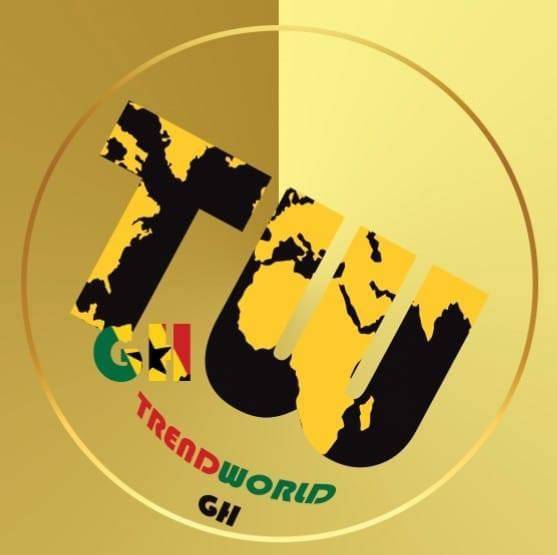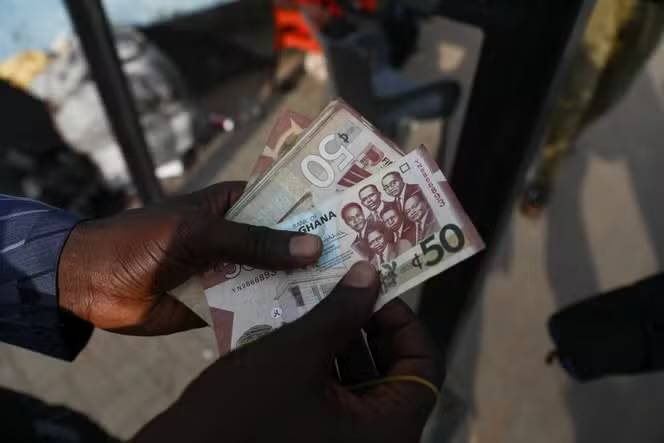Ghana Ranked 7th Among Biggest Beneficiaries of World Bank Funding
Ghana has emerged as the seventh-largest beneficiary of World Bank funding globally, a testament to the nation’s strategic relationship with the institution. This ranking underscores the critical role of international financial assistance in Ghana’s development journey, especially during a period of economic uncertainty and post-pandemic recovery. The funds have been instrumental in advancing key sectors, including education, healthcare, infrastructure, and economic reforms.
The Role of the World Bank in Ghana’s Development
The World Bank has long been a crucial partner in Ghana’s development. As a global institution committed to reducing poverty and fostering sustainable development, the World Bank provides both financial resources and technical expertise to countries in need. Ghana’s position as the 7th-largest recipient of World Bank funding highlights the country’s success in aligning its development priorities with the institution’s objectives.
In recent years, Ghana has secured substantial funding to tackle economic challenges and support transformative initiatives. These funds have been directed toward projects aimed at improving living standards, creating jobs, and building a resilient economy. Key among these are investments in education, healthcare, infrastructure, and energy, all of which are vital for long-term growth.
Economic Challenges and the Need for Funding
Ghana’s reliance on World Bank funding has grown in response to a series of economic challenges. The COVID-19 pandemic dealt a significant blow to the country’s economy, causing a sharp decline in revenue and an increase in public debt. These pressures were compounded by rising global inflation, disruptions in supply chains, and currency depreciation.
In 2023, Ghana faced one of its most significant economic crises, marked by spiraling inflation and a depreciating cedi. These challenges pushed the government to seek financial assistance from international partners, including the World Bank and the International Monetary Fund (IMF). The funds received have been critical in stabilizing the economy, funding social programs, and maintaining essential public services.
Key Areas of Funding
The World Bank’s funding to Ghana has been targeted at various sectors to drive inclusive growth and sustainable development.
1. Education: A significant portion of the funds has been allocated to education, with a focus on expanding access to quality schooling and addressing the country’s literacy gap. Initiatives such as the Ghana Accountability for Learning Outcomes Project (GALOP) aim to improve basic education outcomes and strengthen teacher training programs.
2. Healthcare: The health sector has also benefited from World Bank support, particularly during the COVID-19 pandemic. The funds have been used to strengthen Ghana’s healthcare infrastructure, improve access to vaccines, and enhance public health systems.
3. Infrastructure Development: Ghana has utilized World Bank funding to address critical infrastructure deficits, particularly in the areas of transportation, energy, and water supply. Projects such as the Ghana Transport Sector Improvement Project and the Ghana Energy Development and Access Project have been instrumental in fostering economic growth and improving the quality of life for citizens.
4. Social Protection Programs: To mitigate the impact of economic hardship on vulnerable populations, World Bank funding has supported initiatives such as the Livelihood Empowerment Against Poverty (LEAP) program. These interventions provide financial assistance and resources to low-income households.
Challenges and Opportunities
While Ghana’s reliance on World Bank funding has brought significant benefits, it also raises questions about long-term sustainability. Critics argue that dependency on external assistance may undermine the country’s fiscal autonomy and lead to mounting debt burdens. Ghana’s public debt, which reached alarming levels in recent years, has been a source of concern for both policymakers and citizens.
However, World Bank funding also presents opportunities for Ghana to build a more resilient economy. By investing in sectors that promote economic diversification and self-reliance, Ghana can reduce its dependence on traditional exports such as gold, cocoa, and oil. Additionally, the funds provide an opportunity to strengthen institutions, improve governance, and foster innovation.
Conclusion
Ghana’s position as the seventh-largest beneficiary of World Bank funding reflects the country’s ability to leverage international partnerships to address its development challenges. The funds have been pivotal in supporting critical sectors, driving economic recovery, and improving the lives of millions of Ghanaians.
However, the path to sustainable development requires balancing external assistance with domestic resource mobilization. As Ghana continues to benefit from World Bank funding, the focus must shift toward creating a robust and self-reliant economy capable of withstanding future shocks. With strategic planning and effective implementation, Ghana can maximize the benefits of this support and secure a brighter future for its people.




No comments yet
Be the first to share your thoughts!